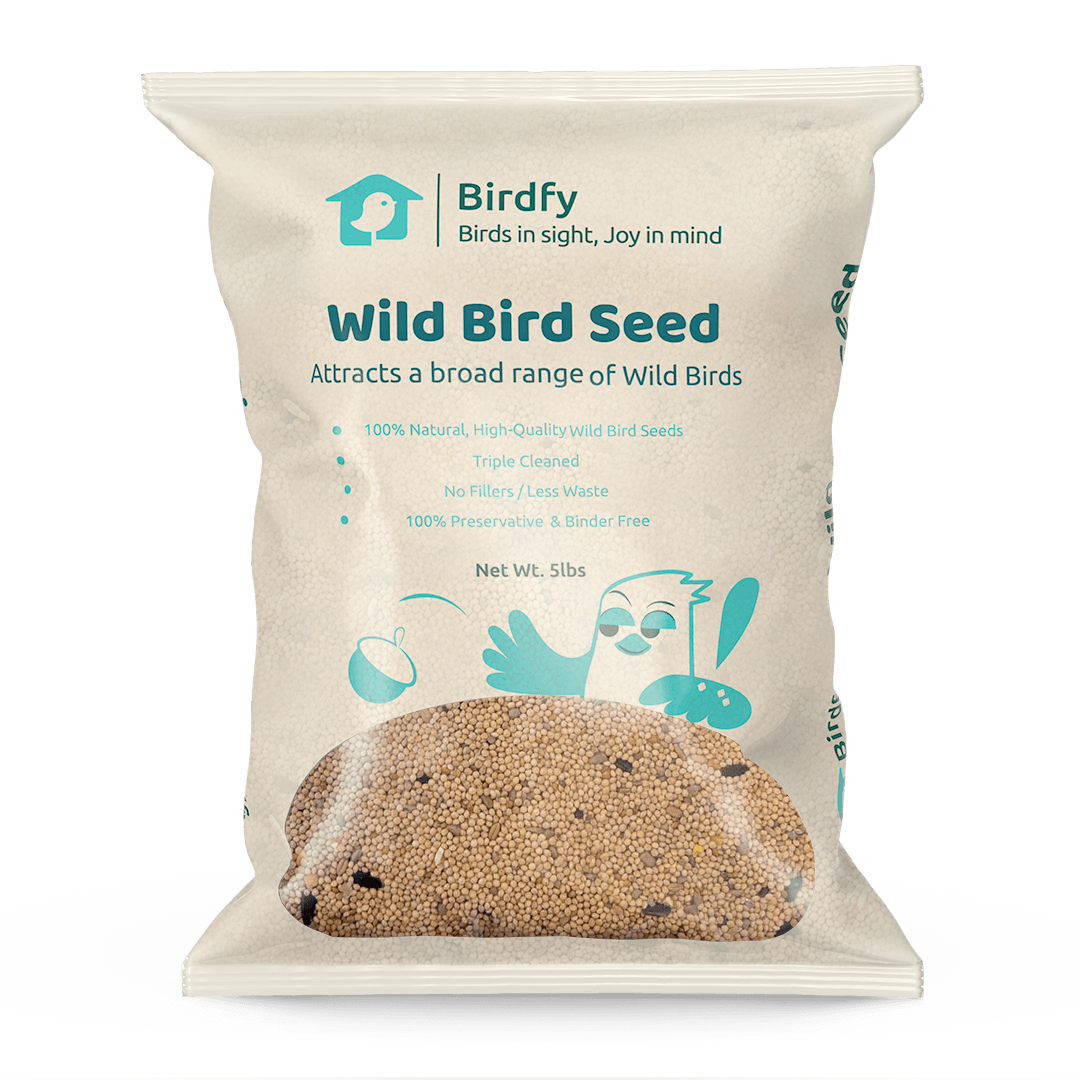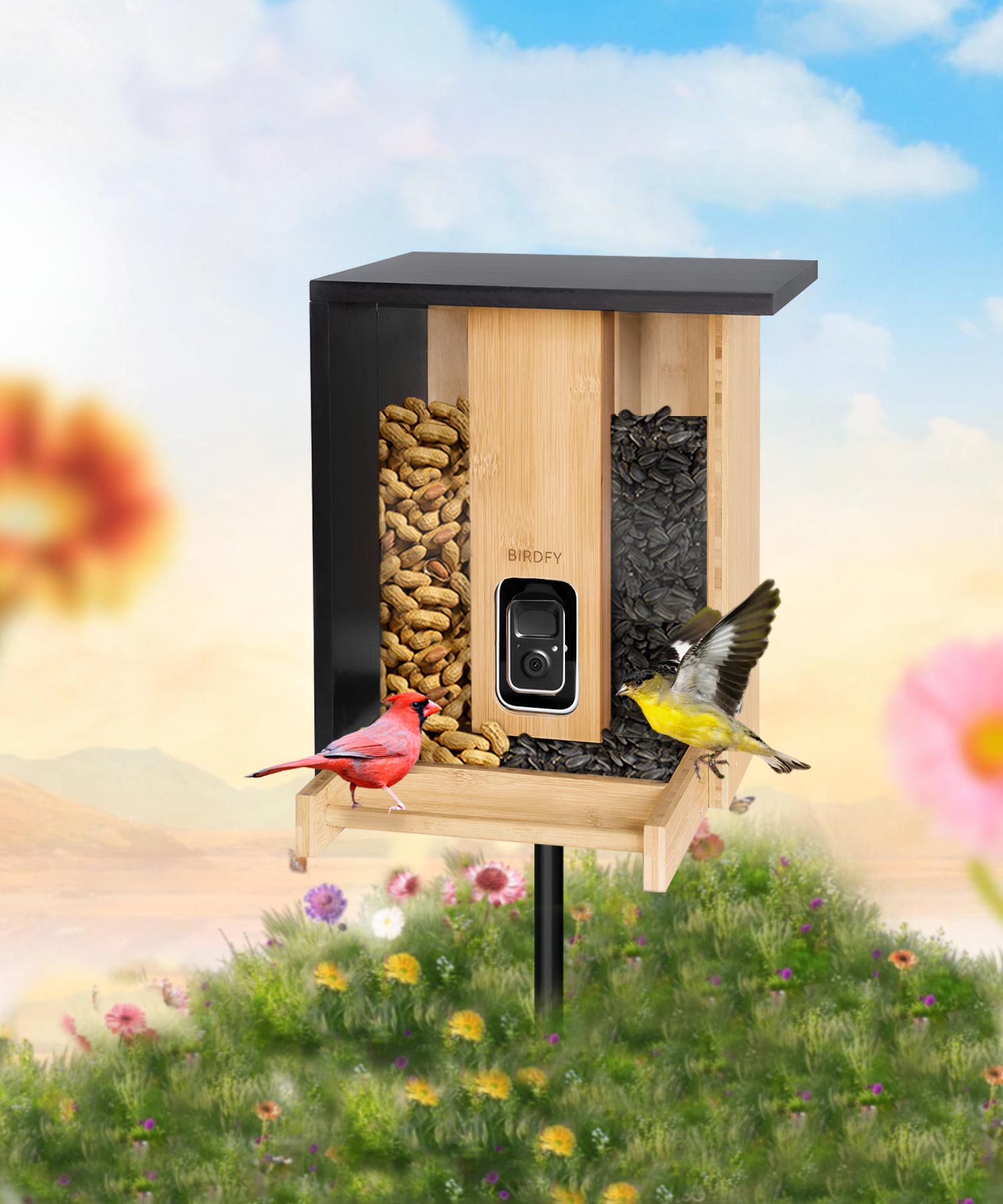Changing Bird Names
By Dr Stephen Moss, Global Consultant, NETVUE Birdfy
Last October I wrote about the origin of English bird names – with examples from both sides of the Atlantic, in the UK and Canada and the United States. Since then, one particular set of names have hit the news …
Bewick’s Swan and Bewick’s Wren, Lucy’s Warbler and Eleonora’s Falcon, Montagu’s Harrier and Wilson’s Petrel, all have one thing in common: they are named after people. This particular set of names mostly date back to the eighteenth and nineteenth centuries, when new species of bird were being discovered in Europe and North America, and indeed all over the globe.




Those commemorated in eponymous names – or eponyms – are a varied lot, although the majority of them are well-known ornithologists, including John James Audubon and Alexander Wilson in North America, and George Montagu, Gilbert White and William Leach in Europe. The vast majority are men, perhaps not surprisingly given the nature of society at the time, with the women mostly being daughters or other relatives of male ornithologists.
Until recently, birders have paid very little attention to the origin of these names. But in 2020, the American Ornithological Society (or AOS, the organisation whose members arbitrate on such things) announced that one species of songbird – McCown’s Longspur, named after the nineteenth century bird collector John P. McCown – would henceforth be known as Thick-billed Longspur. The reason was simple: that because McCown had been a Confederate general who defended slavery and fought against native Americans, he was no longer considered to be suitable for commemoration.

This seemingly uncontroversial decision then opened the floodgates, as birders of colour pointed out that many other North America species – around 150 in all – were also named after people, many of whom were also advocates of slavery, or inappropriate in ither ways.
In response to this, and the resulting movement ‘Bird Names for Birds’, the clamour for a careful examination of all eponyms grew. As that organisation pointed out:
Eponymous common names are essentially verbal statues… By continuing to use [these] names, we continue to reference and honor our distressful colonial heritage and the racism that was a direct consequence of this malicious exploitation. This is unacceptable, and we must do better.
As a result, in late 2023 the AOS announced that it would be changing all eponymous names of North American species to more descriptive names, which reflect the nature of the bird itself: usually some aspect of its plumage such as colour or shape.
So far, so good. But this decision has other ramifications, beyond the boundaries of North America. As the AOS themselves note, only eight of the species concerned are entirely restricted to the US and Canada. Others might be vagrants from Europe or Central and South America – so should these also have their names changed? Or is that simply another form of colonialism, as US birders impose their views on those from other parts of the world?
Of course there is no reason why there shouldn’t be two different names for the same species: for example loons (North America) and divers (UK), or jaegers (North America) and skuas (UK). Alternatively, there are calls for the British to follow the AOS example and rename our own eponymous birds. However, because by the nineteenth century most birds had already been described and given other names (from their sound, appearance, habits or habitats), very few common birds here in the UK have eponymous names, so it might be easier to make changes on this side of the Atlantic.
Whatever the ultimate decisions, it will be an interesting debate to follow – so watch this space for future developments! And if you are interested in finding out more about the origin of the English names of birds, check out my book Mrs Moreau’s Warbler: How Birds Got Their Names, published by Faber and available in the UK, USA and Canada.
Share
































